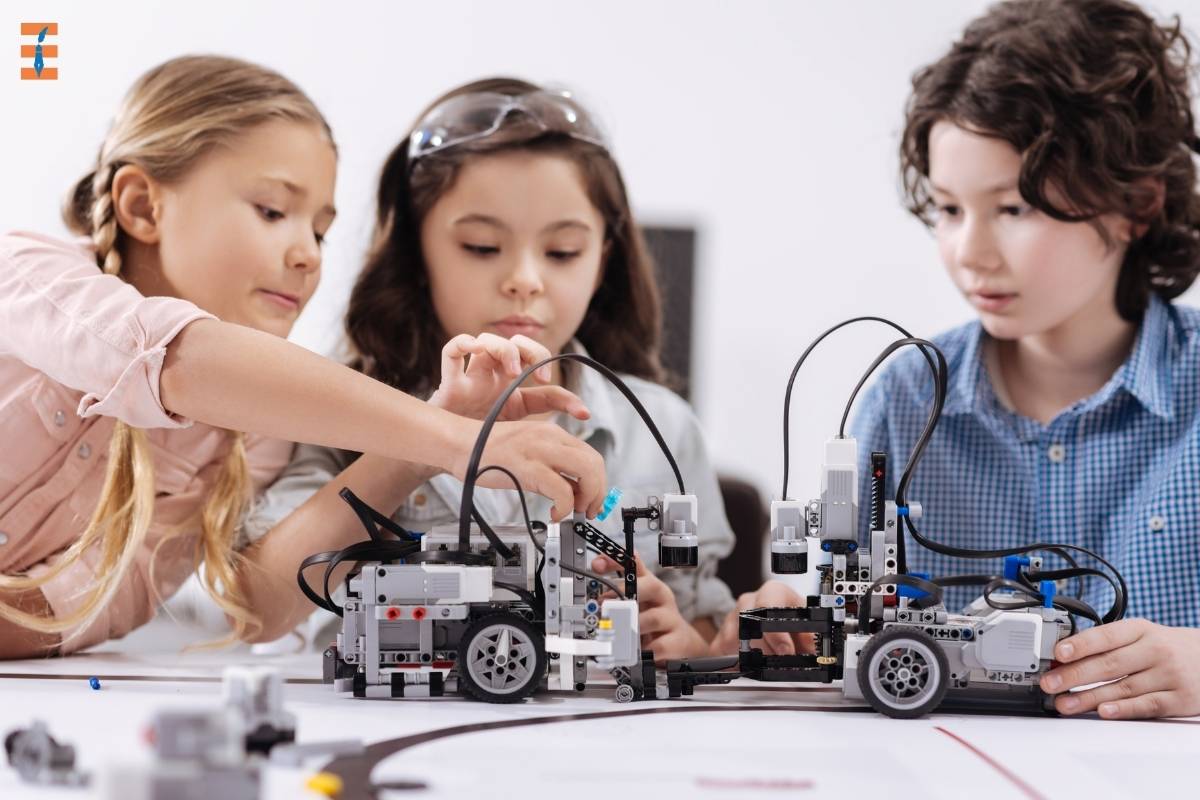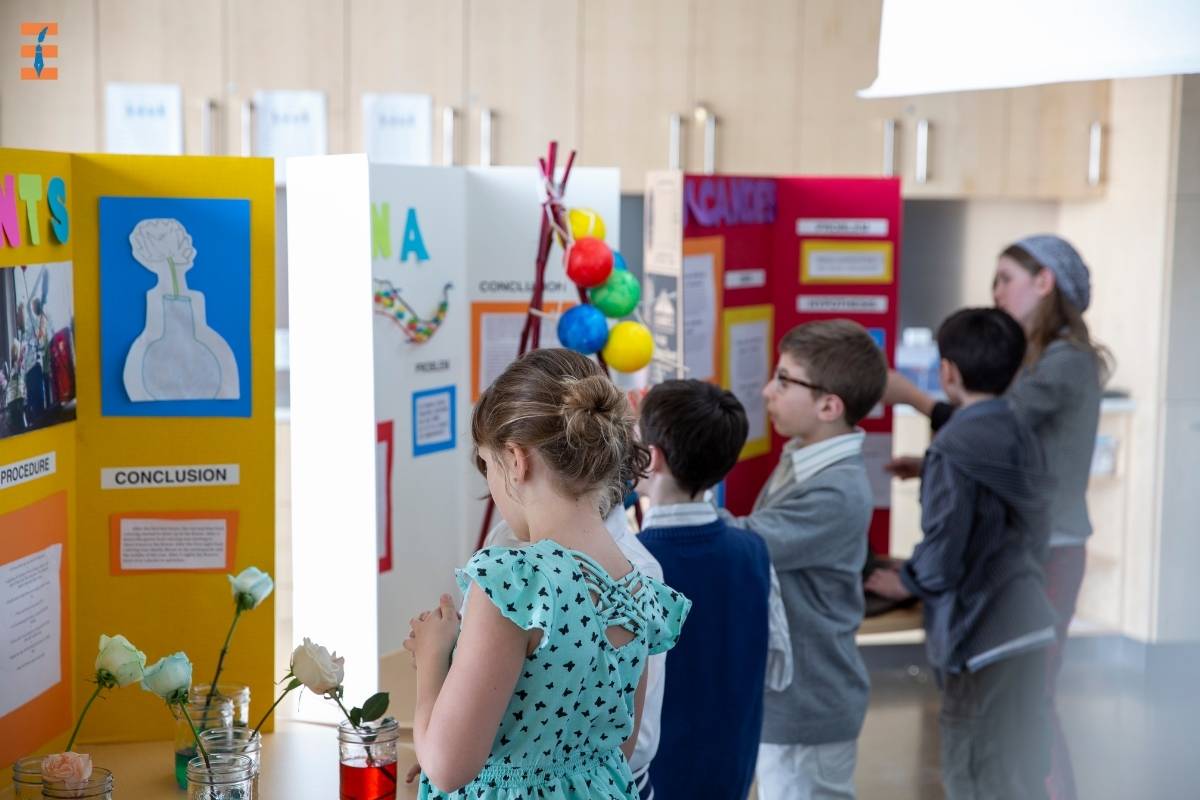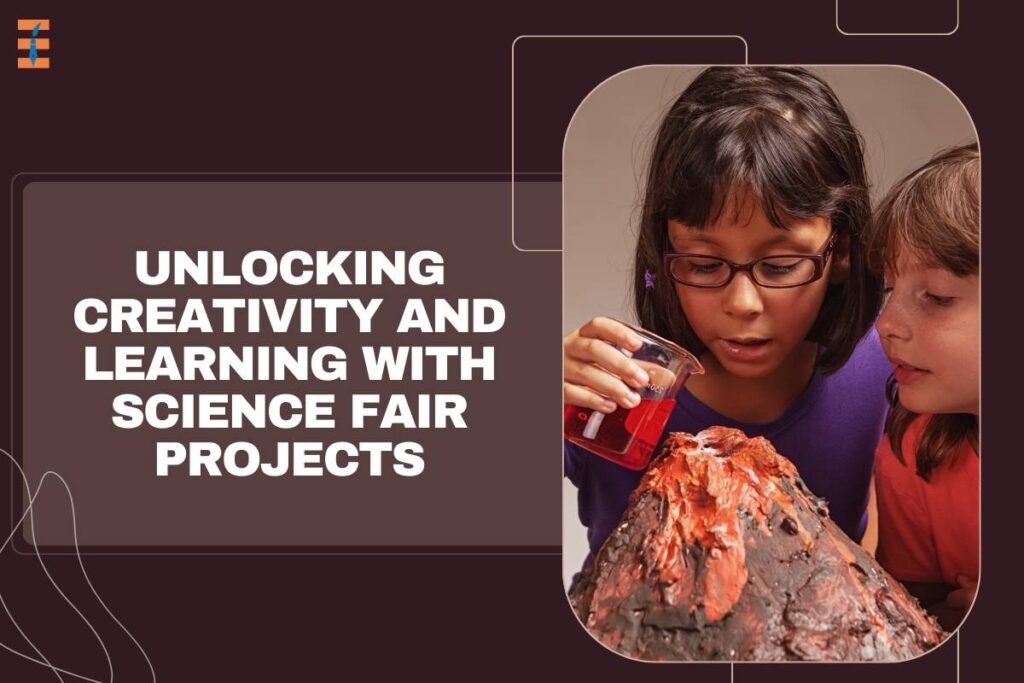Science Fair Projects offer a unique opportunity for students to explore their curiosity, apply critical thinking skills, and engage in hands-on learning. From investigating the mysteries of the natural world to experimenting with cutting-edge technologies, it empowers students to become scientists in their own right. In this comprehensive guide, we’ll delve into the exciting world of Science Fair Projects, exploring their benefits, providing tips for success, and answering common questions.
Understanding Science Fair Projects:
These are inquiry-based investigations that allow students to explore scientific concepts through experimentation and observation. These projects typically follow the scientific method, which involves identifying a question or problem, conducting research, formulating a hypothesis, designing an experiment, collecting and analyzing data, and drawing conclusions. It can cover a wide range of topics, from biology and chemistry to physics and environmental science.
Benefits of Science Fair Projects:
1. Hands-On Learning

Science Fair Projects provide hands-on learning experiences that complement traditional classroom instruction. By actively engaging in the scientific process, students gain a deeper understanding of scientific concepts and principles.
2. Critical Thinking Skills
It encourages critical thinking, problem-solving, and analytical reasoning. Through experimentation and data analysis, students learn to evaluate evidence, draw conclusions, and make informed decisions.
3. Creativity and Innovation
It fosters creativity and innovation by allowing students to explore their interests and develop original research questions. This creative freedom encourages students to think outside the box and explore new ideas.
4. Communication Skills

It promotes communication skills by requiring students to present their findings clearly and compellingly. Whether through written reports, oral presentations, or visual displays, students learn to effectively communicate their research to others.
5. Real-World Relevance
Science Fair Projects connect classroom learning to real-world applications, helping students understand the relevance of science in everyday life. By tackling real-world problems and exploring current scientific research, students develop a deeper appreciation for the role of science in society.
Tips for Success:
1. Choose a Topic of Interest
Select a Science Fair Project topic that interests you and aligns with your passions and curiosity. Choosing a topic you’re passionate about will make the research and experimentation process more enjoyable and rewarding.
2. Conduct Thorough Research
Before starting your experiment, conduct thorough research to understand the background information and existing research related to your topic. This will help you formulate a clear research question and hypothesis.
3. Design a Well-Planned Experiment
Design your experiment carefully, ensuring that it is well-planned and controlled. Clearly define your variables, materials, and procedures to ensure accurate and reliable results.
4. Keep Detailed Records

Keep detailed records of your experiment, including observations, data, and any unexpected outcomes. Organizing your data will make it easier to analyze and conclude.
5. Practice Your Presentation
Practice presenting your Science Fair Projects to friends, family, or teachers to gain confidence and receive feedback. Focus on explaining your research question, methods, results, and conclusions clearly and engagingly.
FAQs (Frequently Asked Questions)
1. What is a Science Fair Project?
Ans: A Science Fair Project is an inquiry-based investigation that allows students to explore scientific concepts through experimentation and observation.
2. How do I choose a topic for my Science Fair Project?
Ans: Choose a topic that interests you and aligns with your passions and curiosity. Consider current scientific research, real-world problems, and areas of personal interest.
3. What is the scientific method, and how does it relate to Science Fair Projects?
Ans: The scientific method is a systematic approach to scientific inquiry, involving the steps of identifying a question or problem, conducting research, formulating a hypothesis, designing an experiment, collecting and analyzing data, and drawing conclusions. Science Fair Projects typically follow this process.
4. How can I ensure the success of my Science Fair Project?
Ans: To ensure the success of your Science Fair Project, choose a topic of interest, conduct thorough research, design a well-planned experiment, keep detailed records, and practice your presentation.
5. What are the benefits of participating in a Science Fair?
Ans: Participating in a Science Fair offers numerous benefits, including hands-on learning, critical thinking skills development, fostering creativity and innovation, improving communication skills, and connecting classroom learning to real-world applications.
Conclusion:
Science Fair Projects offer a valuable opportunity for students to explore scientific concepts, develop critical thinking skills, and foster creativity and innovation. By following the tips outlined in this guide and addressing common questions, students can embark on a rewarding journey of scientific discovery and exploration. Whether investigating the mysteries of the natural world or tackling pressing societal challenges, Science Fair Projects empower students to become lifelong learners and contributors to the field of science.
Also Read: How To Prepare Students For The Workplace Through Industry Certifications?










